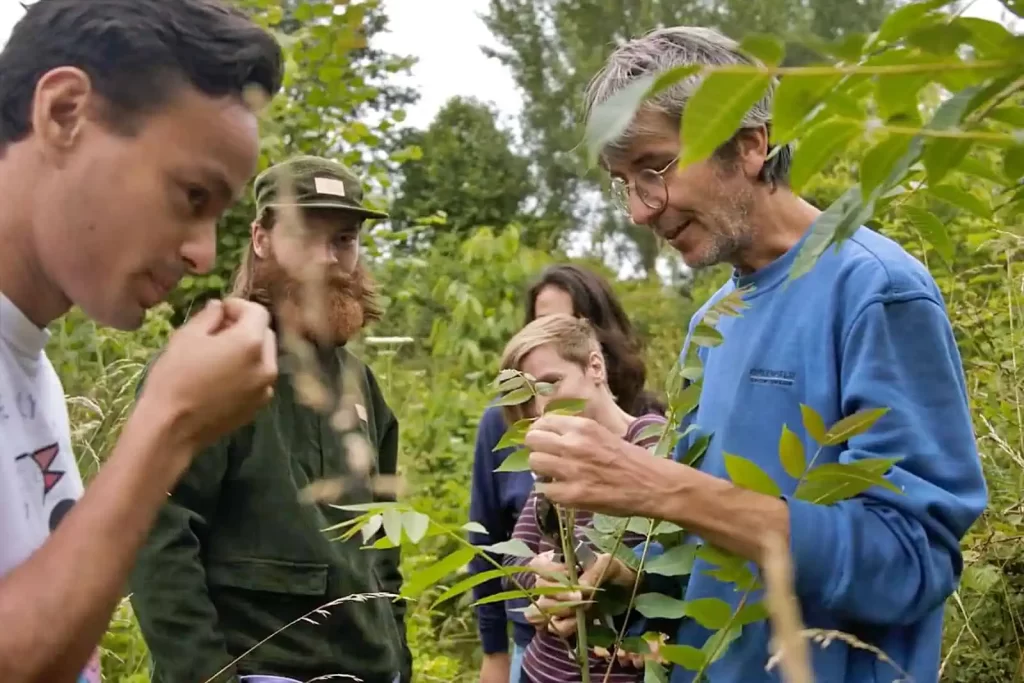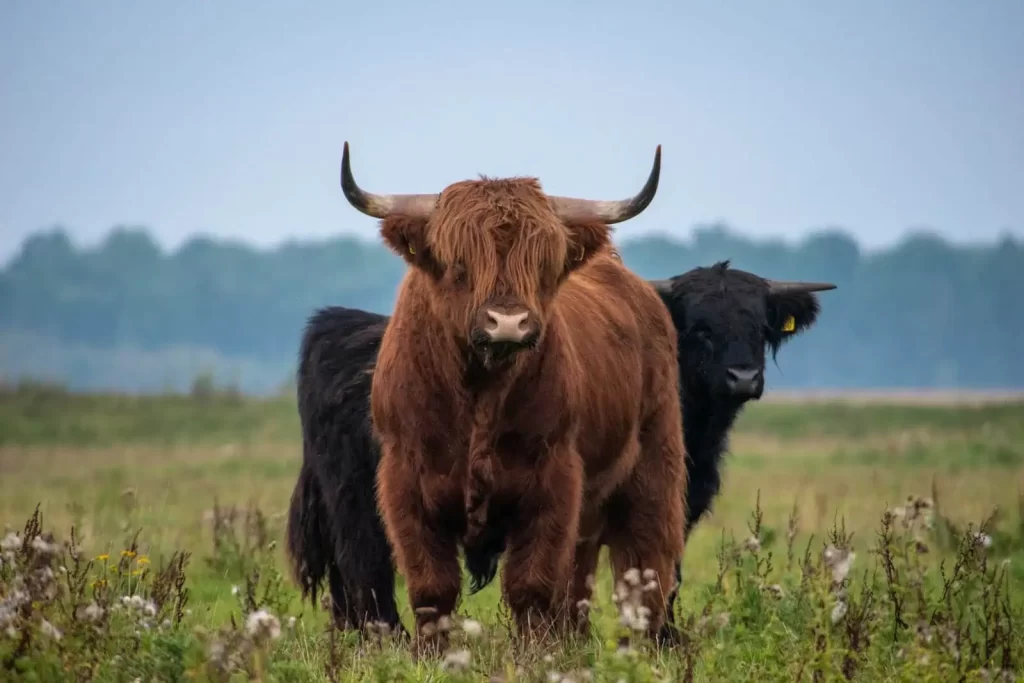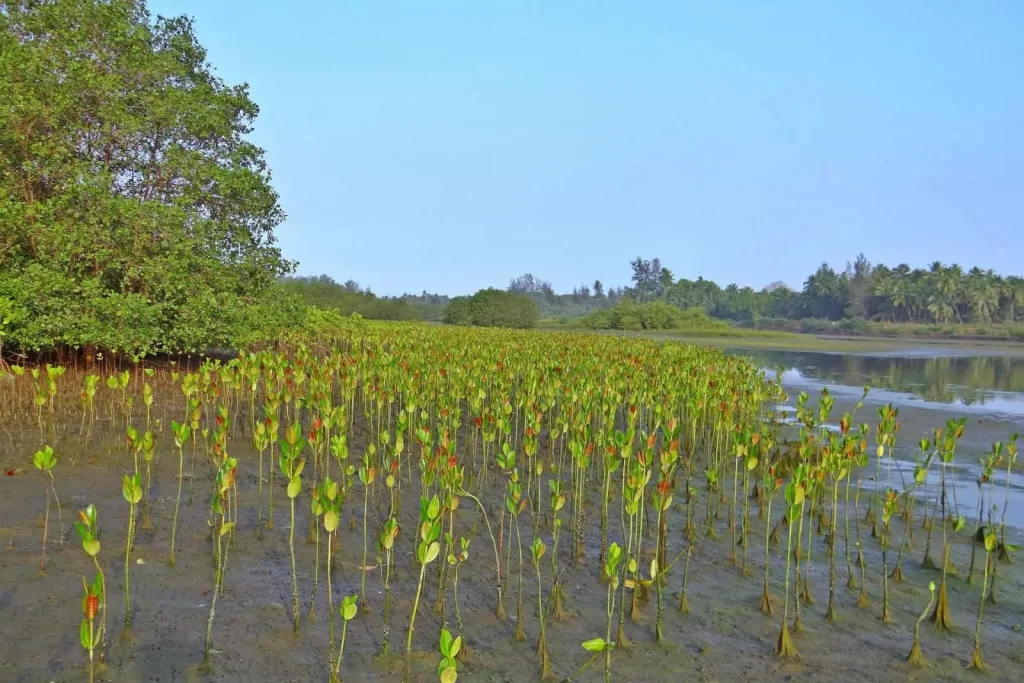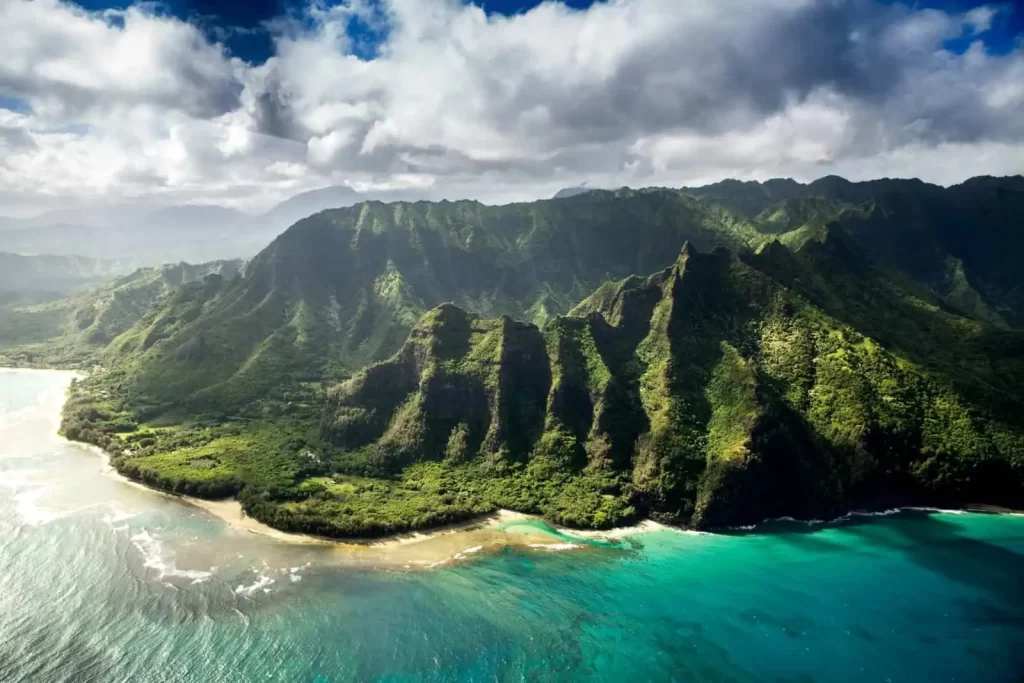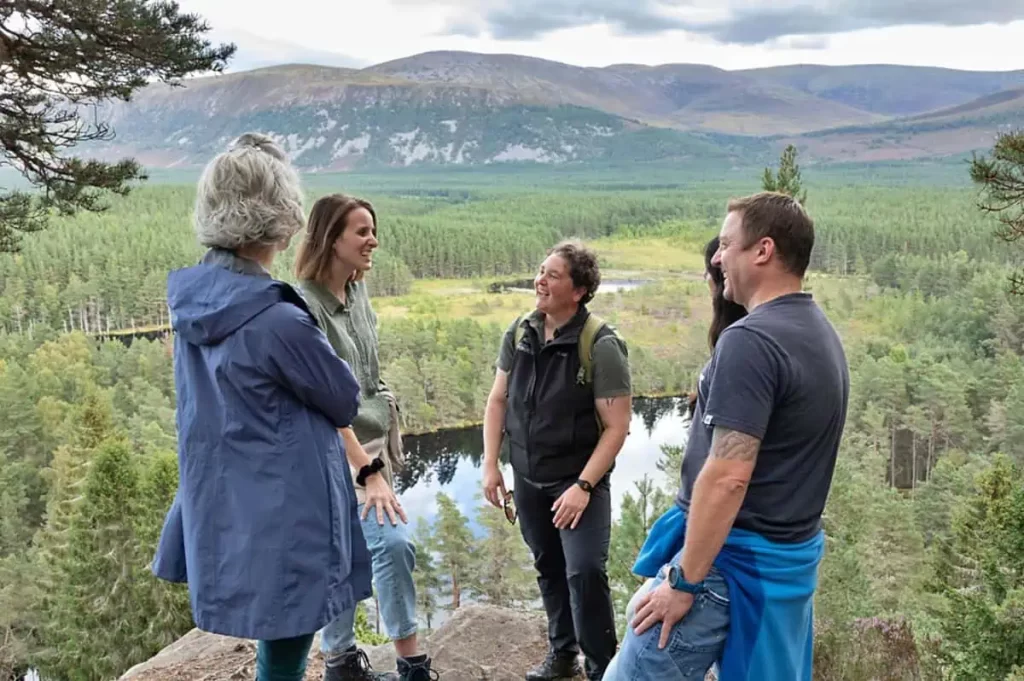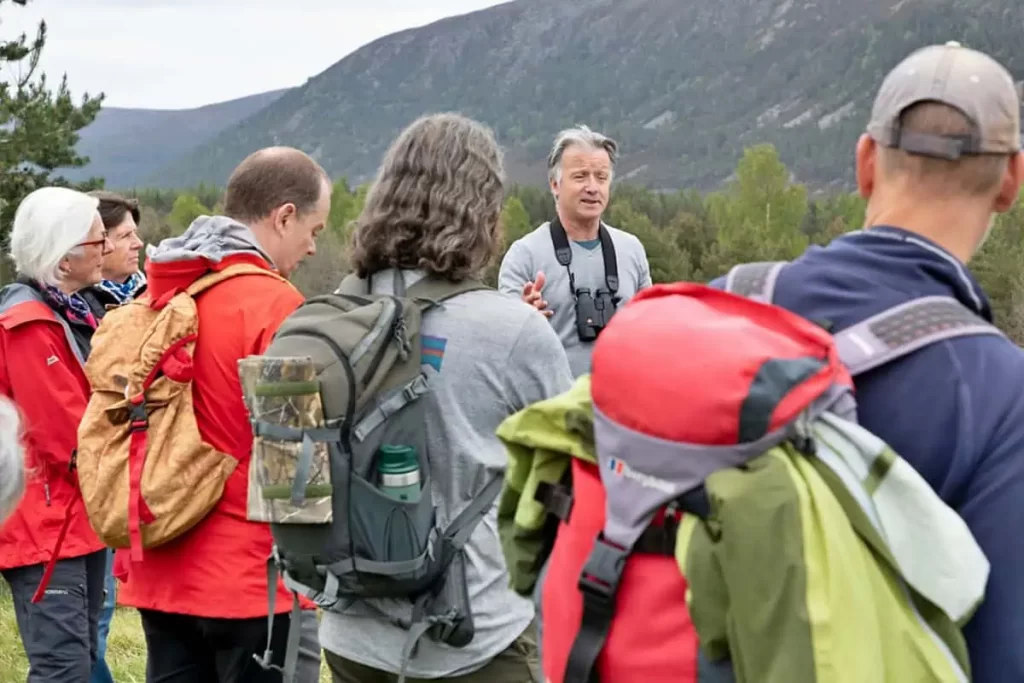
Managing and Preserving Our Terrestrial Ecosystems
About this course
Examine our reliance on the Earth’s resources –and vice versa – and you will discover a stunning tapestry of complex interactions between ecosystems and human life. From preventing the extinction of species (from plants to animals) to mitigating the effects of long-term environmental shifts, how do we ensure that our interaction with the world around us doesn’t leave it destroyed?
In this course, you’ll learn the science behind the capacities of various ecosystems including extinction rates, desertification and how their physical makeup has evolved with environmental shifts. You’ll experience the lives of local populations dependent upon these resources, from their economic activities to their societal norms.
After taking this course, you will be equipped with an understanding of diverse ecosystems and how responsible use of these resources is imperative to our planet’s survival.
- Ecological Restoration
- Online

